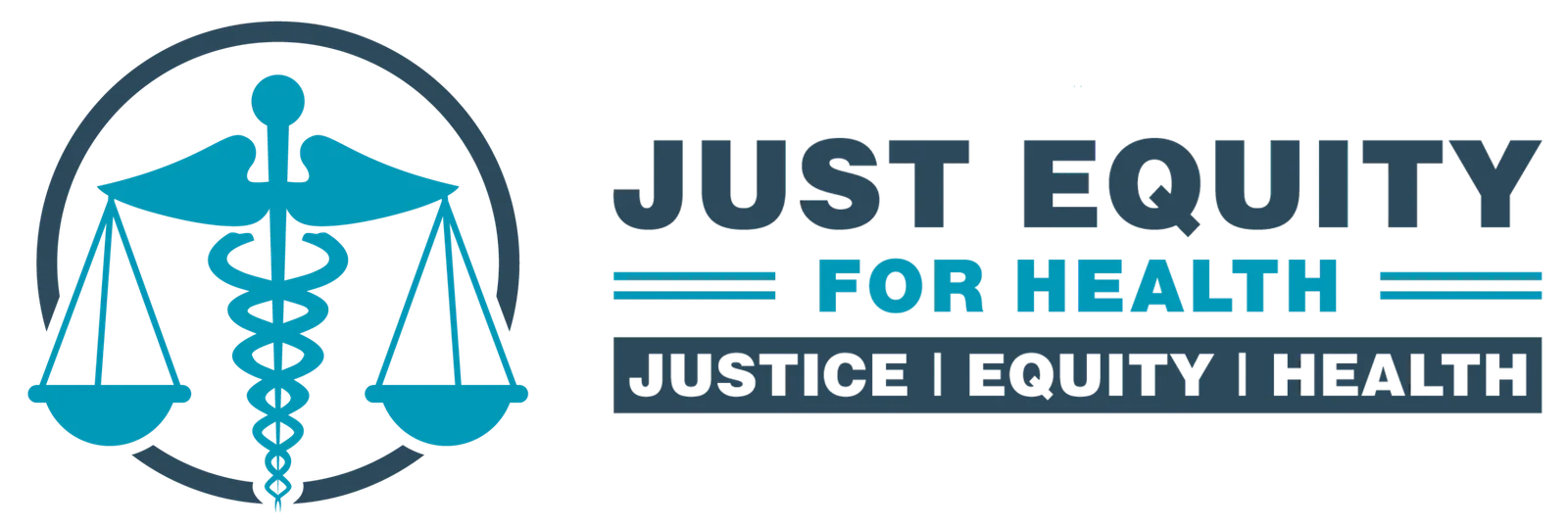
Meet Dr. Alisha Liggett
On September 1, 2021, Senate Bill 8 (SB 8) and Senate Bill 4 (SB 4) of Texas’ 87th legislative session sent ripples through social justice organizations, reproductive rights advocacy groups, and healthcare coalitions. SB 8 banned abortion after six weeks, including instances of rape and incest, and SB 4 reduced access to abortion-inducing pills. In one fell swoop, the state of Texas effectively blocked most abortions and jeopardized the lives of millions of people.
September 1st was also the day I spoke with Dr. Alisha Liggett. Our conversation felt like a resistance gathering and an invocation of the sovereignty of reproductive justice. Despite the regressive legislation actively endangering pregnant people, women, and non-binary folk, Dr. Liggett continually invests in medically disenfranchised and at-risk communities through her work at a federally qualified health center in the Bronx, NY, and her consultancy business Empower Her Health. I want to share a few of Dr. Liggett’s goals for the evolution of reproductive rights and healthcare advocacy.
How did you become interested in reproductive health advocacy? Is that something that you wanted to do from the onset of your medical career?
I’ve always been interested in doing and providing care for women. I wanted to care for women in underserved communities because I come from an underserved background in Seattle, Washington — growing up with a single-parent mom and watching her work as a caregiver. My mother worked as a nurse’s aide for nearly three decades before she passed away, and she really integrated herself into the community she worked in.
She worked in a Japanese nursing home, spoke a little bit of Japanese, and people just loved her because of the care she gave. That’s where it all started—my understanding that caregiving was my path—but how it manifested differed. With encouragement and solid mentorship throughout my formative years, I knew that I could be and would be a physician.
I chose family practice because I can work with families on a longitudinal basis instead of just working with women at specific points in their lives. However, I really started to have a reproductive justice focus after my first child, my son.

What happened?
It was the first time in my life where I had to be a patient. For the most part, I’m young and generally healthy, so I don’t have to see doctors often. In this case, I had to see a doctor on a regular basis. Being a patient in the health care system is hard, especially as a Black woman. We all know the statistics don’t protect you, and your income or educational levels don’t protect you. It took some time to establish a good relationship with my doctor. It took being open and honest, and she was very receptive, but the other doctors in the practice were not.
I had several experiences throughout my pregnancy where I just didn’t feel like they were listening. One physician examined me, left me on the table, and literally exited the room when I was about eight months along.
Wow. Let’s pause there. I assume this physician wasn’t a Black woman. Were there any other physicians in the practice who identified as Black women?
For physicians in general, Black women are rare. We are only 4 to 5 percent of all practicing physicians in this country. Black physicians are few and far between, and this physician wasn’t a Black woman, although, she was a woman of color.
Were you disappointed that somebody with whom you were supposed to have an affinity as a woman of color didn’t extend the quality of care you deserved?
I understand that because somebody is of a certain race, it doesn’t guarantee me anything. It doesn’t guarantee me quicker or better care. I recognize the importance of a therapeutic alliance with patients who are culturally similar, but many doctors, through no fault of their own, are practicing the way they were taught. Models that are very patriarchal and racist; models where the power dynamics are unequal, and there isn’t shared decision making. These are the models I look at when I talk about social justice and reproductive health.
You’re saying a medical practice could have a racially mixed cohort of physicians, but “diversity” requires more in terms of training and models of practice?
Yes. It requires drawing from diverse historical perspectives, knowing the community you serve and the historical relationship those patients have with medicine. It requires a knowledge of self. In addition to actively listening, physicians should recognize when they uncomfortably react to what a patient is saying. Discomfort triggers unconscious bias, and it triggers decisions and assessments about people that are often untrue. It is dangerous in medicine because physicians may draw conclusions or recommend treatments that aren’t necessarily valid for the group they are working with.
Much of medical training is rooted in patriarchal and racist ideology. When a student physician learns in the classroom and apprentices with resident doctors or attending physicians, they are indoctrinated into a culture without realizing it’s happening. How you talk to people, how you assess people, how you take basic history, how you interact with people, all those power dynamics are being modeled for you.
I love that your work centers on Black women’s experiences. However, the framing of Black women’s health in media outlets often appears so bleak and depressing. How are you tackling these challenges in an optimistic manner that doesn’t put fear in the heart of expectant Black pregnant people?
There’s a term we have for that —“trauma porn.” It describes the growing sensationalization of Black pain in the media. And, for many of us who are Black women, we end up constantly thinking about these statistics. They make you anxious; they make you hesitant to approach healthcare, and they affect your morale. I think it’s important to speak about the systemic problems that cause these issues while concurrently talking about resilience, joy, and how the vast majority of Black moms have normal healthy pregnancies.
This does not mean Black moms won’t have negative experiences. However, it is far more common to have negative experiences with health care than to have bad outcomes, which is an aspect that is often missed. Negative experiences affect patients’ ability to build trusting relationships with providers and how likely they are to adopt recommendations from their physicians. I’m interested in talking about how we can overcome these issues, how we can support each other, what resources are available to us, and how we can feel empowered.
In fact, I think the future is going to be geared toward prevention. The United States has the highest health care expenditures but the worst outcomes of all developed countries. Throwing money at a problem isn’t giving us the solutions we are looking for. In fact, certain people are disproportionately left behind while others benefit greatly.
I absolutely love that, and I really hope your vision for the future happens sooner than later.
It’s like we’re all working on a 1 million-piece puzzle. I have two or three pieces I’m working on. You have a couple of pieces.
How can I support your piece? How can all of us support Empower Her Health?
I am a one-woman show at this point, so I’m looking to build relationships and spread the word about what I do. I need to reach medical trainees, medical students, and residents with this message, so they recognize their indoctrination and understand what practicing medicine through a social justice lens looks like.
Dr. Alisha Liggett is a board-certified family medicine doctor with a clinical practice based in New York City. She blends her medical knowledge and personal experience to provide culturally centered health education and raise awareness around social justice issues for Black, Indigenous, and other People of Color (BIPOC).
Learn more about Dr. Liggett’s work:
Shredding the Veil of Silence: Black Maternal Health and the Significance of Speaking Up. Health in Her Hue. May 2021.
A Primer on Fighting for Reproductive Justice with Dr. Alisha Liggett. The Spot by LOLA. Aug 2020.

